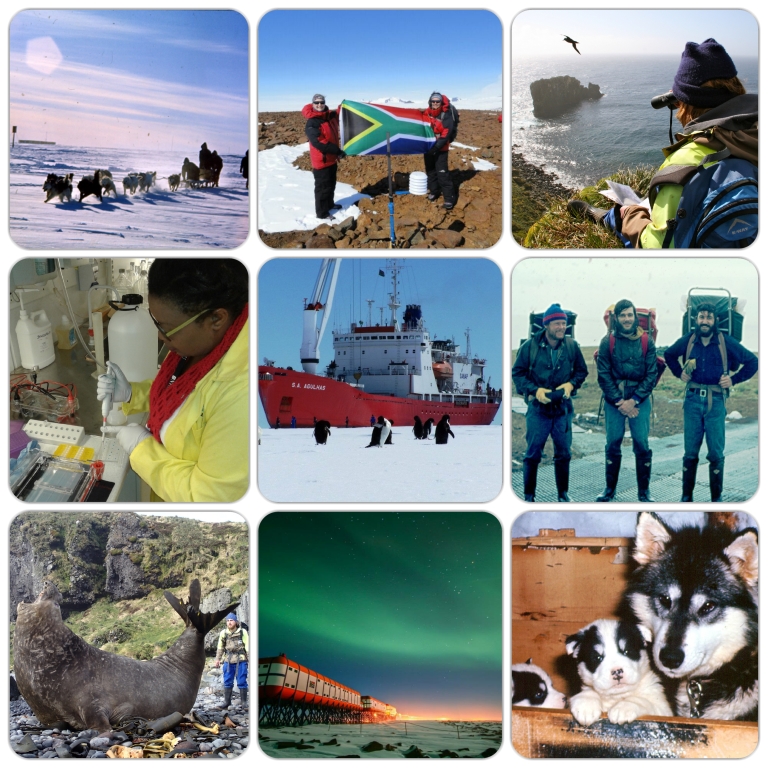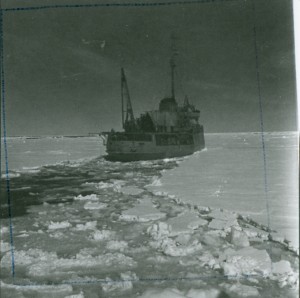The Antarctic Legacy of South Africa Project aims to preserve the legacy of South Africa in the Antarctic region and all those involved in the South Africa National Antarctic Programme (SANAP) and promote this legacy for future generations on national and international level. It is to preserve the South African National Antarctic Programme (SANAP) community and promote its activities. The SANAP community is unique within the science environment and extra measures need to be taken into account to preserve the community. ALSA is able to bring the community together and finding ways to protect and improve the SANAP community. Preserving and promoting mean honouring the past while embracing the future of the SANAP community for all South Africans
Since South Africa annexed the Prince Edward Islands in 1948, South African researchers have been undertaking regular expeditions to the Antarctic Continent, the Prince Edward Islands and Gough Island, as well as elsewhere in the Southern Ocean. The Antarctic Legacy of South Africa (ALSA) project, based at the Department of Botany and Zoology, Stellenbosch University and funded by the National Research Foundation as part of the South African National Antarctic Programme, aims to preserve the rich human history of the expeditions conducted over the past decades.
The Antarctic Legacy of South Africa (ALSA) Project focuses on records from SANAE IV, located at Vesleskarvet, Dronning Maud Land in Antarctica, Marion Island (the larger of the two Prince Edward islands) and Gough Island, as well as from South Africa’s successive Antarctic research and supply vessels, the R.S.A., S.A. Agulhas and S.A. Agulhas II, which have transported researchers and supplies between Cape Town and the three research stations and conducted oceanographic research in the Southern Ocean. The expeditions on these vessels and to these stations have produced a wealth of photographs, videos, and written and oral accounts.
These historical records include maps, journals, logbooks, newspaper articles, and artworks. ALSA collates, digitises and archives these records, along with out-of-print South African research articles and unpublished documents residing in governmental archives, university departments and museums, and makes them accessible to the interested institutions and the public.
The ALSA website serves as a public portal to provide access to this information, which currently stands at over 26000 records.

